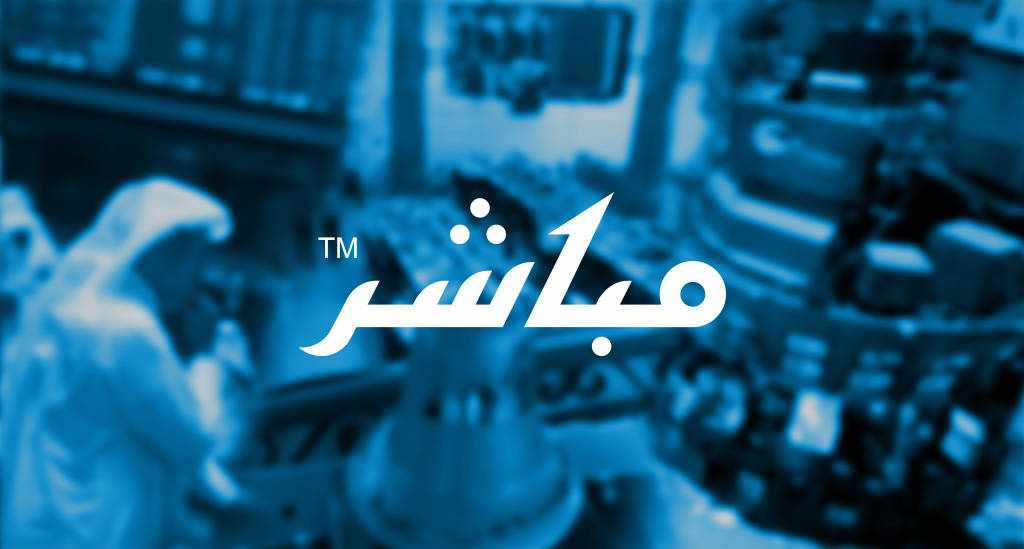The Latest In Neonatal Care: A “Smart” Pacifier
- Date: 31-May-2022
- Source: Forbes
- Sector:Industrial
- Country:Middle East
The Latest In Neonatal Care: A “Smart” Pacifier
Neonatal care is a challenging endeavor. Scientists in collaboration with Washington State University (WSU) are attempting to create a device which aims to make this care marginally easier: a smart pacifier. The device is a wireless pacifier which can help monitor electrolyte levels in a newborn's saliva. Using this information, the caregiver and healthcare providers can better understand the baby's needs, and act accordingly. The researchers published their findings in an article in Biosensors and Bioelectronics, entitled "Smart bioelectronic pacifier for real-time continuous monitoring of salivary electrolytes." In the article, they discuss how traditional methods of monitoring a newborn's electrolytes often entail blood draws, which can be invasive and painful. Hence, the scientists created "a smart, wireless, bioelectronic pacifier for salivary electrolyte monitoring of neonates, which can detect real-time continuous sodium and potassium levels without a blood draw." In terms of the actual device, it utilizes "ion-selective sensors, flexible circuits, and microfluidic channels" to provide electrolyte monitoring. Electrolytes such as sodium, potassium, bicarbonate, magnesium, and calcium are crucial aspects of human physiology; even minute changes can disrupt metabolic balance and homeostasis. These levels can be routinely and easily monitored by running blood tests. However, a non-invasive way to ascertain these























